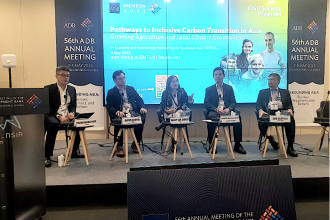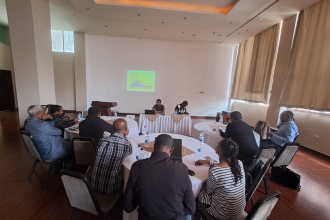
Call for proposals: SIANI Expert Groups
SIANI is absolutely delighted to announce the new call for applications for our Expert groups! The deadline for applications for all Calls for Proposals has now been extended to 1 June! Have you got…

SIANI is absolutely delighted to announce the new call for applications for our Expert groups! The deadline for applications for all Calls for Proposals has now been extended to 1 June! Have you got…
Behavioral economics - a field based in collaborations among economists and psychologists - focuses on integrating a nuanced understanding of behavior into models of decision-making. Since the mid-20th century, this growing field has produced research in numerous domains and has influenced policymaking, research, and marketing. However, little has been done to assess these contributions and review evidence of their use in the policy arena.

Online conference 26-28 September 2023 Call for abstracts and concept notes The submission deadline is prolonged until June 6th, 2023! Welcome to Agri4D 2023: Building resilient food systems in…

The global energy transition will involve the accelerated deployment of energy efficiency and renewable energy technologies. For the most part, big tech companies have committed to achieving zero…
The Partnership for Economic Policy (PEP) has launched a new call for applications for the Africa Fellows in Education Program 2023/2024.
This initiative aims to build a group of African-based leaders capable of developing evidence and shaping educational policies that are relevant to their countries.
The program enables the fellows to participate in a two-year research and policy development fellowship that introduces them both to relevant research and analytical experiences and to international networks of researchers and policy advisers.

Four researchers from Southeast Asia, including two from EfD Vietnam, participated in a special session on "Pathways to inclusive carbon transition in Asia: Greening Agriculture and Local Climate…

EfD Ethiopia conducted a dialogue workshop on sustainable energy transition with senior experts from relevant stakeholders on April 26, 2023. The Ethiopian team of the Inclusive Green Economy (IGE)…
Key Points